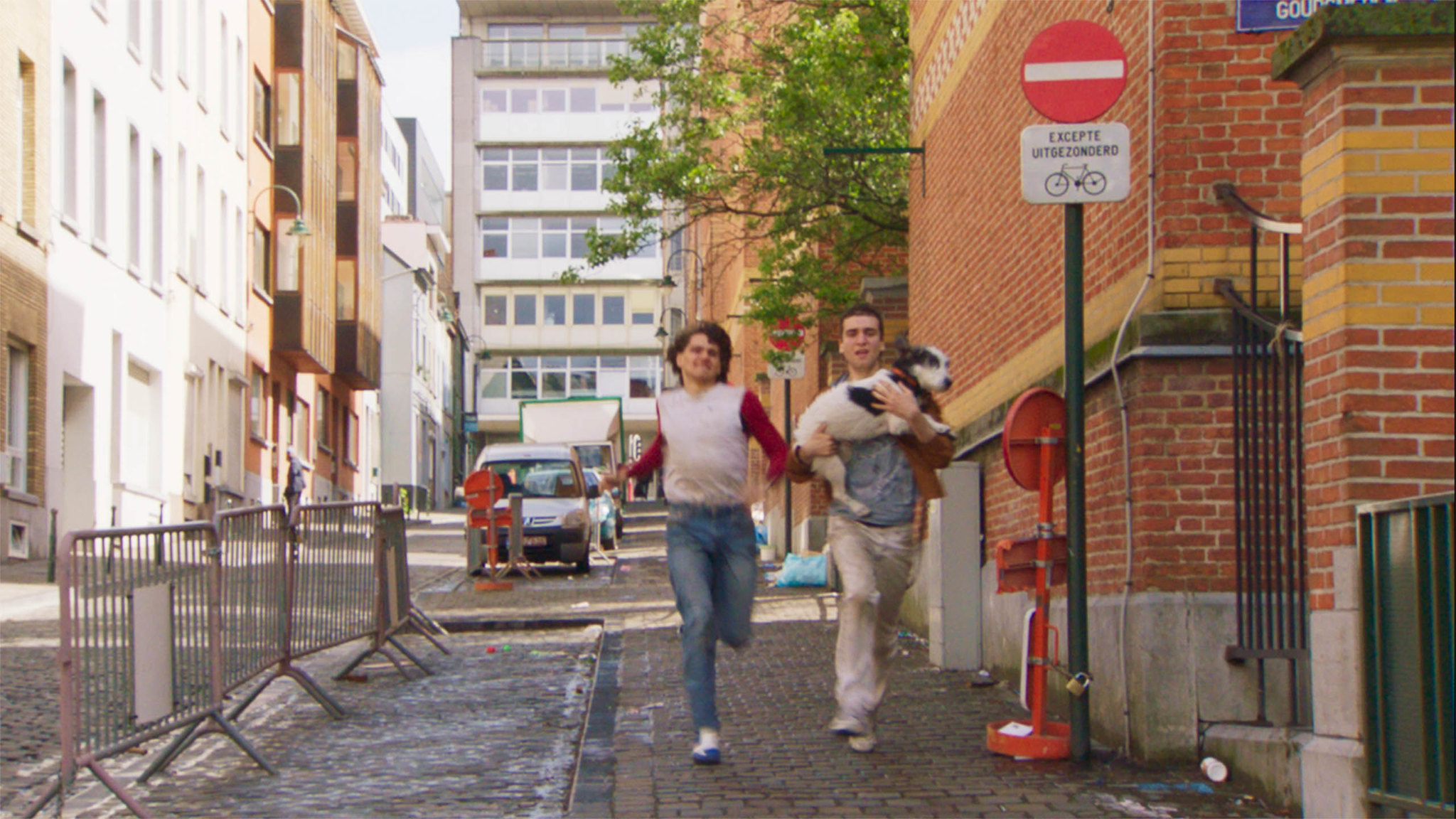Sundance Film Festival Capsule Reviews
I screened fifteen movies during the 2021 Sundance Film Festival. For eight, I wrote full-length reviews, which you can read right here. Here are capsule reviews of seven others.
Together Together - When I first heard Ed Helms was starring in a comedy about a single man who hires a surrogate (half his age, no less) to bear him a child, I worried that the result would be cheap and smarmy. Thankfully, Nikole Beckwith's comedy is warm, smart and funny. Helms does some of the best work of his career as the guy trying to form a connection with the surrogate, and Patti Harrison is a revelation as the woman trying not to get too close because she knows that she isn't a permanent part of the picture. Together Together has plenty of big laughs, yet always makes sure to treat the issue of surrogacy with seriousness. It's a charmer.
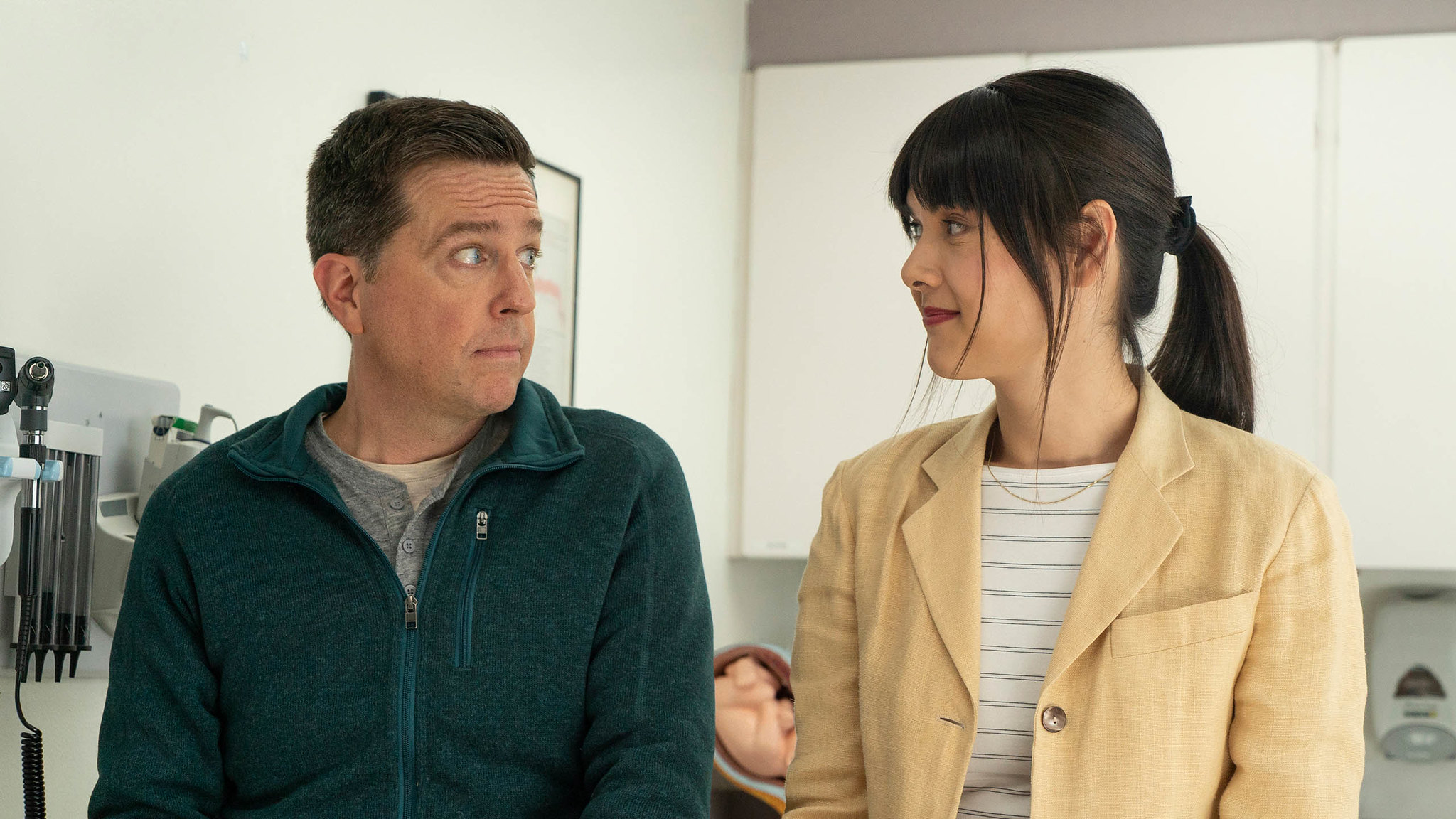
Jockey - Clifton Collins, Jr. was given a Special Jury Award for acting and he deserved it. He plays an aging jockey faced with a potentially career-ending medical diagnosis, plus the arrival of a young man claiming to be his son. Storywise, there's nothing particularly new to Jockey. It's another story about a guy coming to terms with the fact that his career will likely soon be over. Even so, Collins embodies this defiant, determined, sorrowful man with such grace that the picture draws you in. Director Clint Bentley and Director of Photography Adolpho Veloso stage a lot of the scenes at dusk, meaning the film looks absolutely gorgeous.
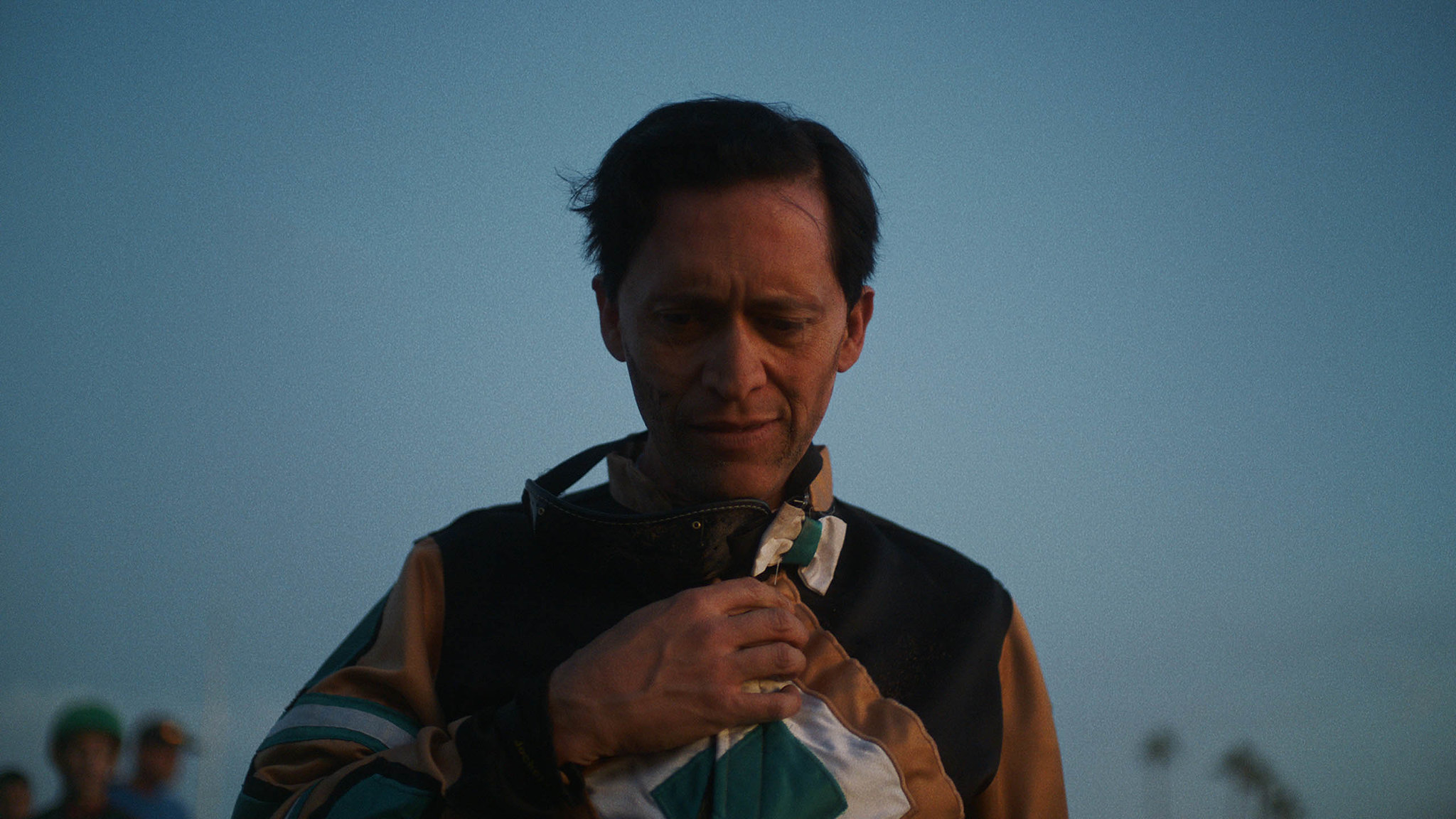
How It Ends - Zoe Lister-Jones plays Liza, and Cailee Spaeny (The Craft Legacy) is her younger self in this whimsical comedy. The world is about to end, so the two spend the day walking through Los Angeles, checking off a to-do list that includes confronting an old lover (Lamorne Morris), reconciling with an estranged friend (Olivia Wilde), and addressing issues with her divorced parents (Bradley Whitford and Helen Hunt). Although obviously episodic in nature, the movie – written and directed by Lister-Jones and Daryl Wein – has a quirky, good-natured vibe, witty dialogue, and effective use of various L.A. neighborhoods. The two lead actresses are so charming together that the lack of a conventional plot barely matters.
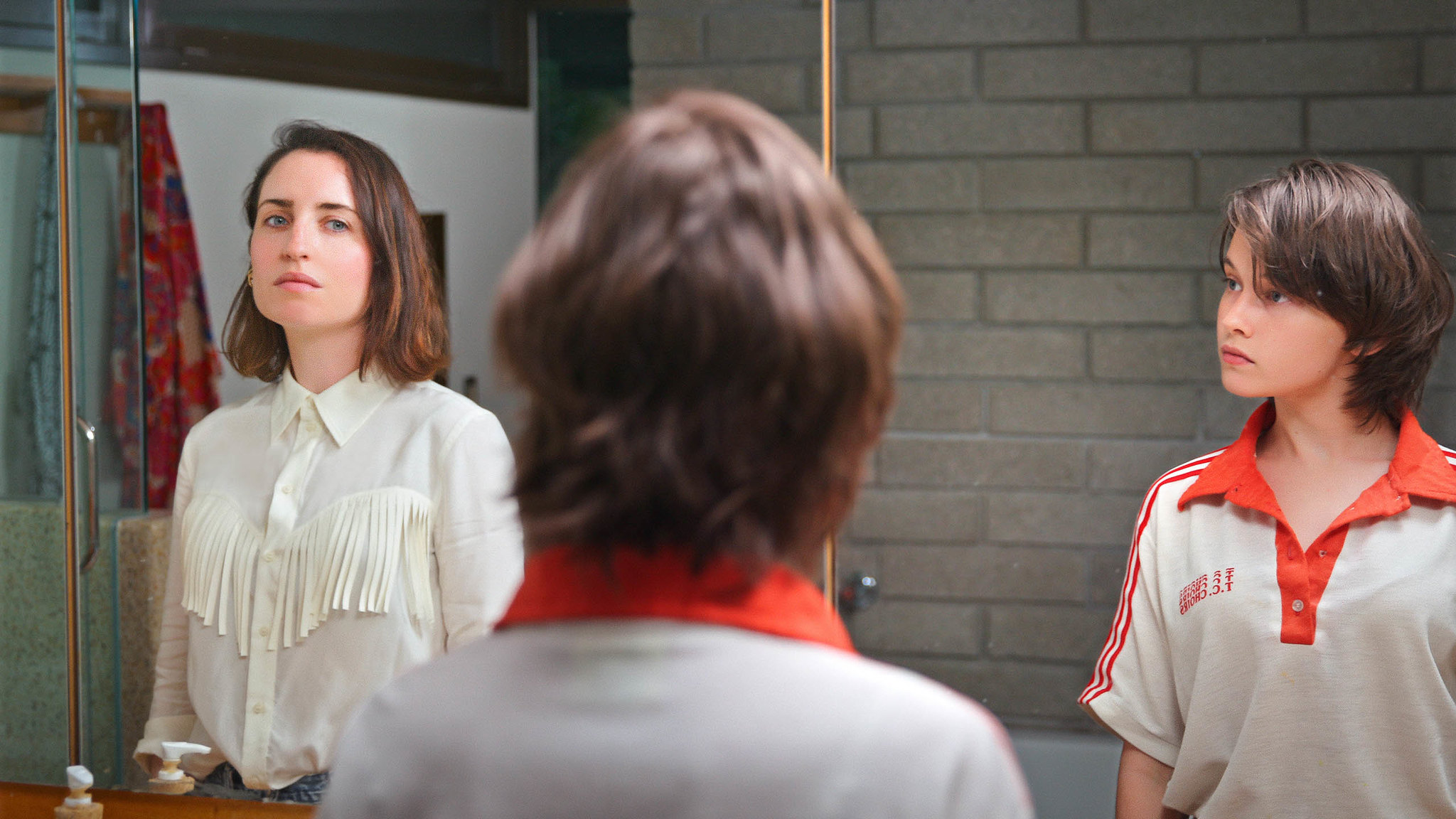
Passing - Actress Rebecca Hall makes her directorial debut with this period story about Irene (Tessa Thompson), a Black woman living in Harlem who is reunited with old friend Clare (Ruth Negga). Clare is also Black, but has been passing as a white woman for years. She's even married to a racist white man who doesn't know her secret. The reunion changes both women's lives in ways they cannot anticipate. Thompson and Negga are outstanding, and I suspect there are many for whom Passing will work. Personally, the movie's attempt to replicate vintage cinema – black-and-white photography, square aspect ratio, mannered dialogue, theatrical performances, etc. – kept me from emotionally engaging with it as much as I would have liked to. Certainly not a bad film, just one that has strengths without living up to its full potential.
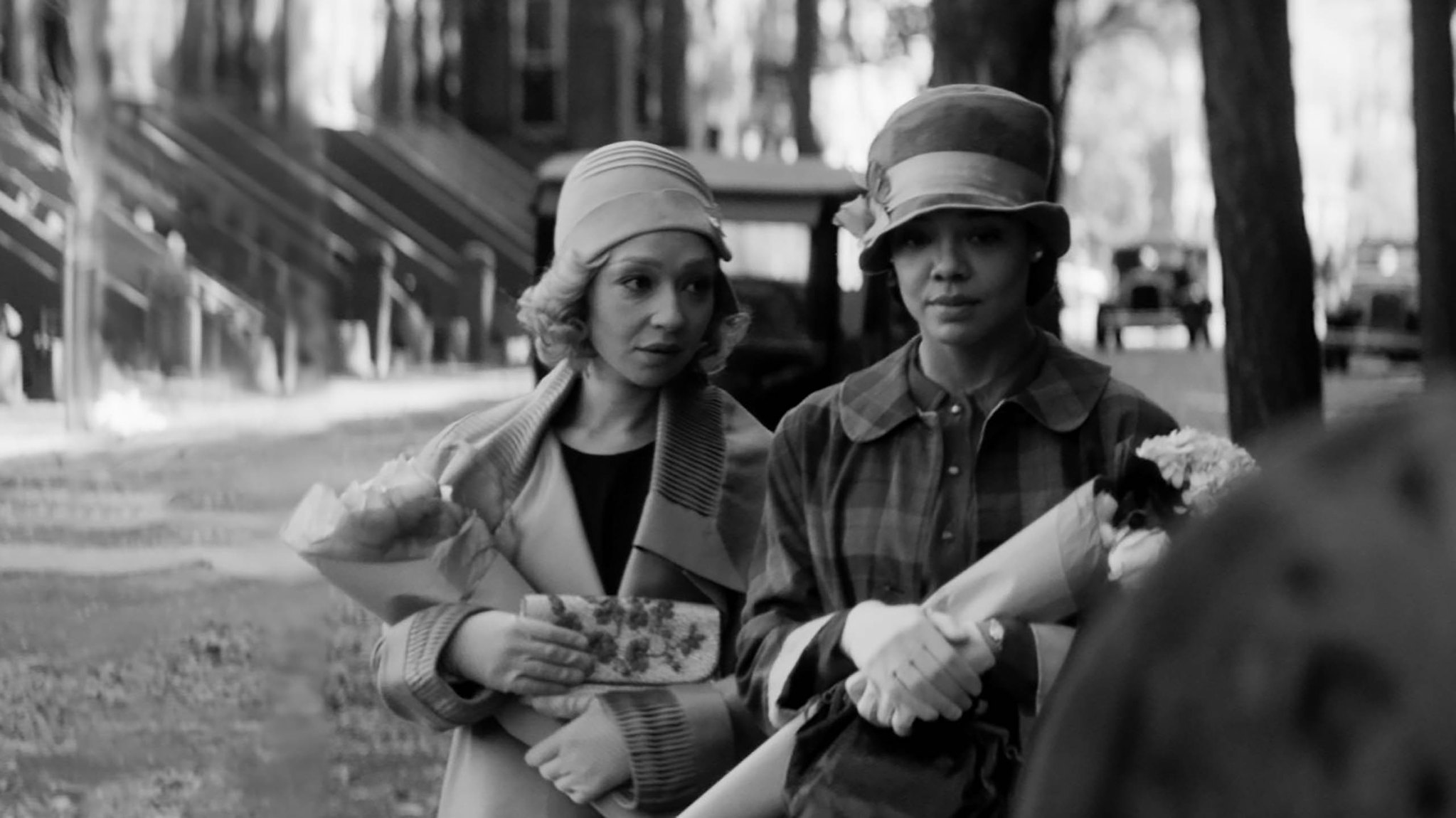
Homeroom - Director Peter Nicks follows some of the most politically-conscious seniors at Oakland High School in this documentary, which won the Jonathan Oppenheim Editing Award. They're lobbying a reluctant school board to cut the funding for an on-campus police force, arguing that the officers unfairly target students of color. Then Covid-19 hits, altering all of their pre-graduation plans. The kids are really compelling to watch, but the film takes a “pull back and observe” approach, as opposed to asking them to reveal their deepest thoughts for the camera. Even as I enjoyed the look at teens trying to make their world a better place, I wished that Homeroom would let me get to know them more than it does.
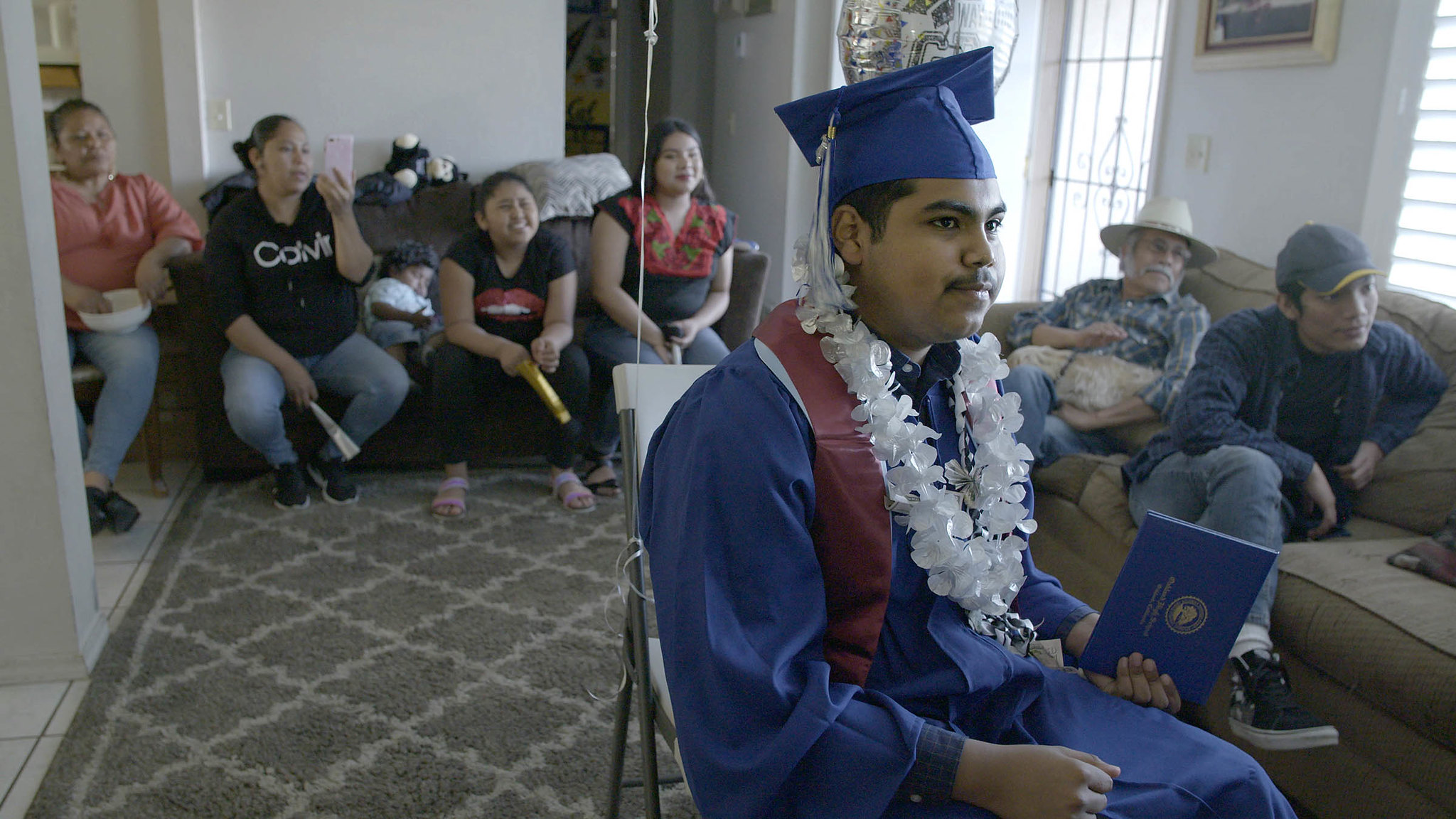
On the Count of Three - Val (Jerrod Carmichael) and Kevin (Christopher Abbott) are best friends. Both want to die. The former because he hates his life, the latter because he's tired of dealing with severe mental health problems. The two make an agreement to shoot each other – but not before spending their last day boldly correcting some situations that have bothered them. A pitch dark comedy with spot-on performances, On the Count of Three walks that fine line between being funny and dealing with uncomfortable issues. It won the Waldo Salt Screenwriting Award for the sharp script by Ari Katcher and Ryan Welch. The film is a touching portrait of friendship, as well as a poignant examination of depression. Henry Winkler and Tiffany Haddish have supporting roles, and you'll never hear Papa Roach's “Last Resort” the same way again after seeing it.
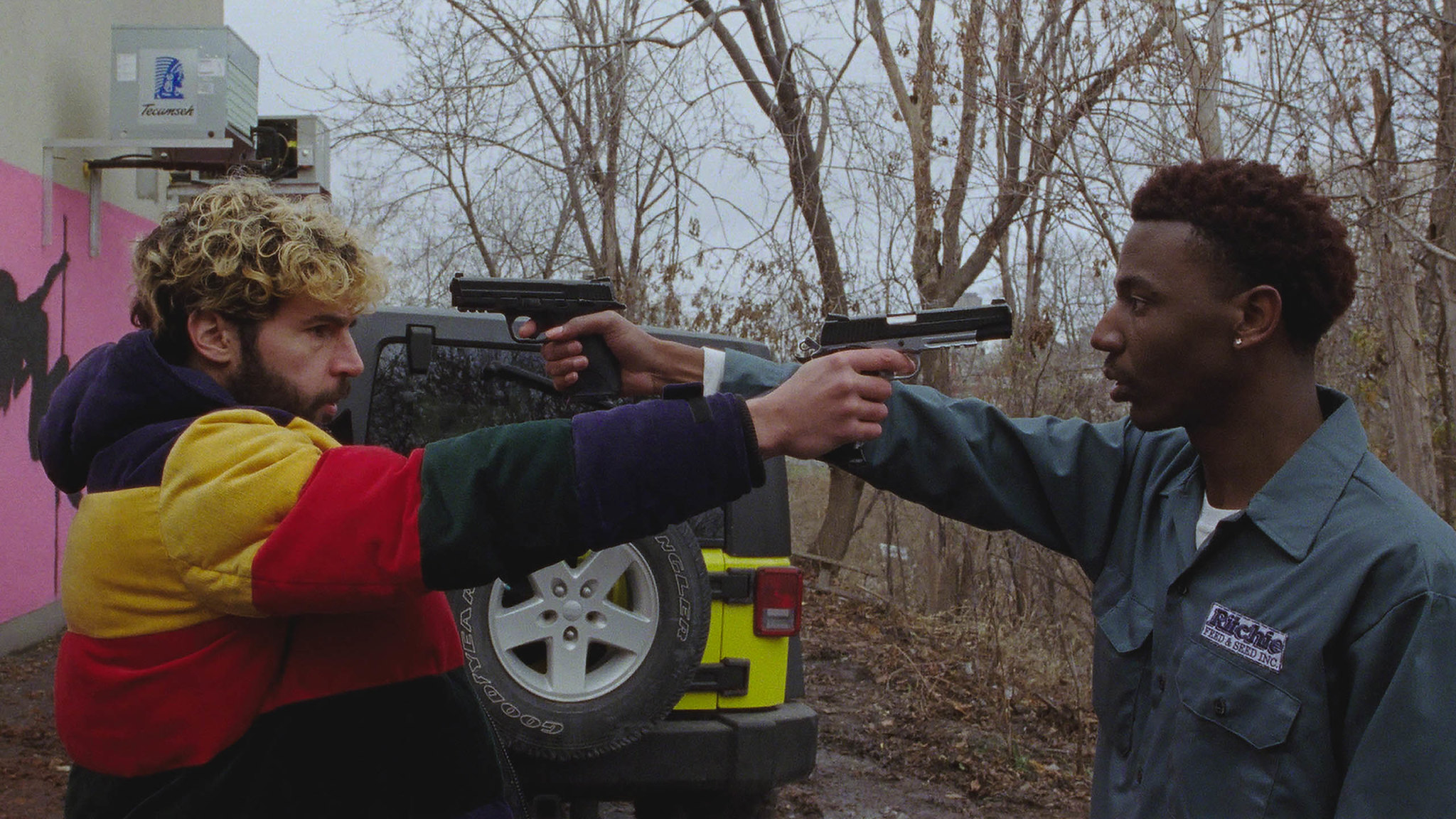
Mother Schmuckers - The Sundance film program warned that this Belgian comedy, which played in the edgy Midnight section, “contains graphic depictions of animal abuse, sexual violence, and other subject matter that could be offensive to some viewers,” so of course I had to check it out. The title appears onscreen just as one character vomits right into the camera lens, and that tells you just about everything you need to know. The story, such as it is, involves two dim-bulb brothers (Harpo Guit and Maxi Delmelle) who go in search of their prostitute mother's missing dog. That set-up is basically an excuse for jokes about subjects including bestiality and necrophilia. A couple things are funny, but most of Mother Schmuckers feels like shock value for its own sake. Even at just 70 minutes, it wears thin.
